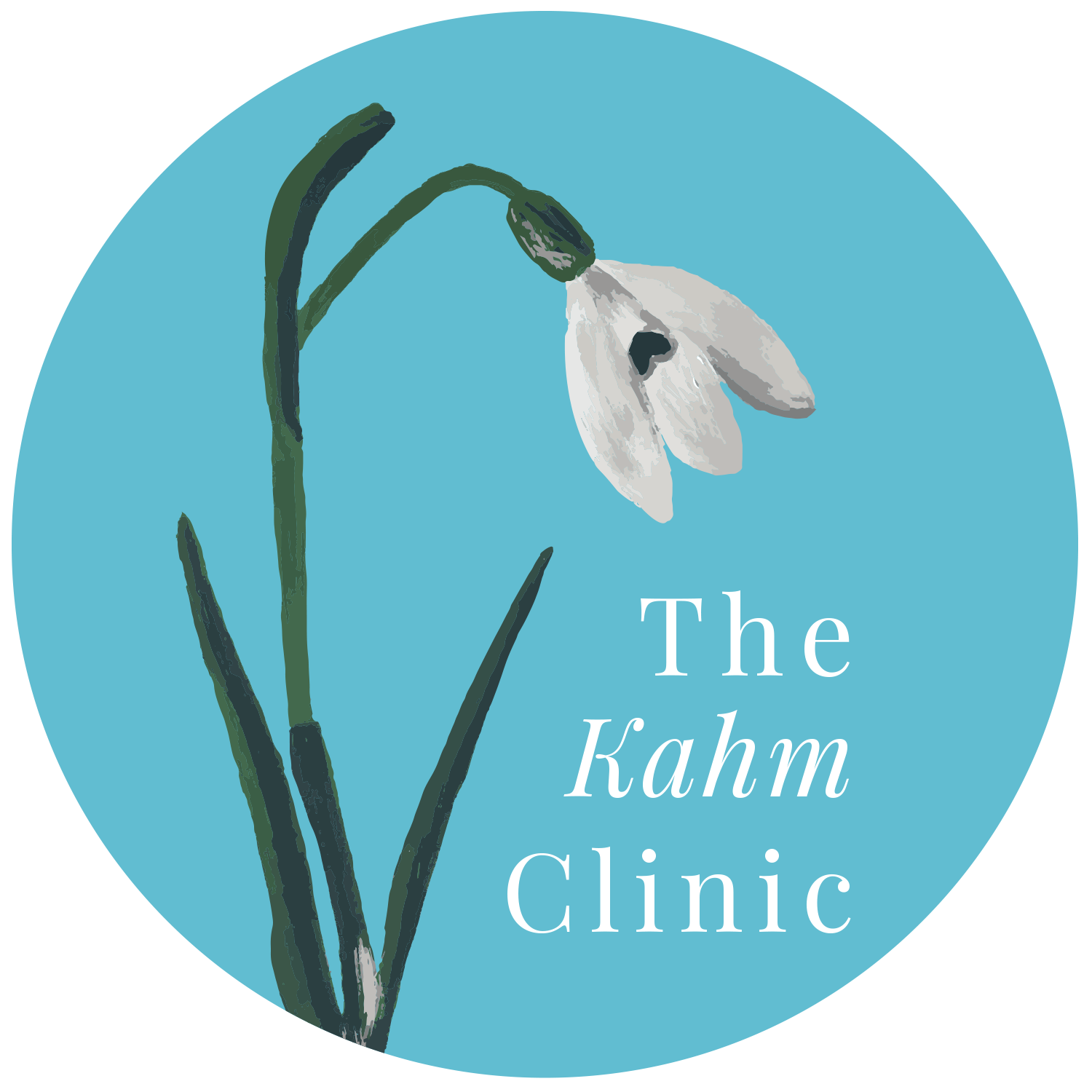When Healthy Eating Turns Disordered
When does healthy eating turn into disordered eating or even an eating disorder? It’s a fine line that can be unknowingly crossed. As nutritionist Elaina Efird, RDN, CD, CEDRD, CSSD explains in a recent YouTube video, “It all comes down to rigidity.”
To start, here are five warning signs that someone may have disordered eating or an eating disorder.
They have a preoccupation with the grams of macronutrients in food. Sure, it seems like they’re just eating “clean,” but oftentimes, it’s a sign of disordered eating or an eating disorder.
They cook a meal for their friends and family but don’t eat the meal themselves. It’s easy for them to busy themselves with cooking, serving, and cleaning up, and most people don’t notice that they didn’t partake in the food.
They create unusual food combinations. Maybe they start dipping things in weird condiments or stop using salad dressing.
They maintain a very rigid schedule. They have to eat and exercise at certain times and cannot break this routine for any reason.
They won’t eat out at a restaurant or even a friend’s house where someone else has prepared the food.
Now, let’s look at four questions to ask yourself if you’re concerned that your healthy eating is becoming disordered.
How do you log your food?
If you are someone who tracks your calorie intake each day, consider how strict you are when it comes to meeting your goals. If you never allow yourself to surpass the calorie limit you’ve set, that’s disordered eating.
Do you enjoy eating away from home?
Assess your willingness to eat at a restaurant or have dinner at a friend’s house. Do you avoid eating in social situations because you don’t know how they prepared the food? Or maybe you’re concerned about inaccurately logging your calories, so much so that you avoid those circumstances.
Do you weigh yourself excessively?
Is there a number on the scale that you can never go above? If you do find yourself a pound or two above this limit, you immediately start to compensate. That’s disordered eating.
Do you ever allow yourself to eat outside of your usual routine?
For instance, if you’re at a birthday party, do you enjoy a slice of cake? Or if you’re on a road trip, will you eat at a fast food restaurant?
You may also be wondering: What is a healthy relationship to food?
So many habits have been normalized in our society that it’s hard to know what is healthy anymore. Read through the questions below and answer them honestly:
Do you label foods as good or bad? We share more on this topic below!
Do you avoid certain foods or food groups for reasons other than an allergy or dislike due to texture or taste?
Are you preoccupied with thoughts about food and what you should or shouldn’t eat?
Do you feel disappointed if you “splurge” on a food that you typically wouldn’t eat?
Additionally, after a splurge, do you feel the need to compensate by exercising more or eating less?
If you’ve answered yes to any of the questions above, you may have a disordered relationship with food.
Lastly, it’s important to remember that there is no such thing as “bad food.”
As Elaina shares, “Food has no inherent moral value — despite the fact that diet culture preaches this idea over and over again.”
For instance, many people consider pizza to be a “bad food.” After you eat pizza, you may think you need to starve yourself the next day in order to start fresh and get back on track. You may even overeat because you tell yourself you can never have pizza again. This negative feedback loop is what’s unhealthy — not the pizza. Instead, enjoy your food and eat until you're comfortably full. Got leftovers? Have them tomorrow for lunch!
Subscribe to our YouTube channel to keep up with our video content!
To talk to a professional about eating disorder treatment, disordered eating behavior, and more, please reach out to our staff or schedule an appointment at The Kahm Clinic today.

